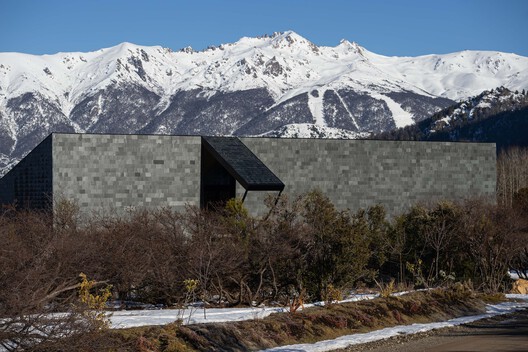Berlin calls Europe’s immigration hard-liners to summit on asylum rules
BERLIN — Germany’s Interior Minister Alexander Dobrindt invited European Union counterparts to a migration summit on Zugspitze, Germany’s highest mountain in the Bavarian Alps, to draft proposals for stricter migration rules.
Dobrindt, the Bavarian conservative in charge of executing German Chancellor Friedrich Merz’s tough-on-migration turn, is set to host talks with interior ministers from France, Poland, Austria, Denmark and the Czech Republic on July 18. Also invited is the EU’s new migration czar, Austrian conservative Magnus Brunner, a spokesperson for the interior ministry in Berlin told POLITICO’s Berlin Playbook.
“Citizens rightly expect order, and more control and cooperation from politicians instead of powerlessness. We want to send this signal,” Dobrindt told POLITICO.
The aim of the summit is a declaration containing concrete ideas — including on border protection and deporting rejected asylum-seekers to so-called third countries, or countries outside the EU — that are to be jointly pushed forward at the European level, according to the interior ministry.
Germany was long among the EU countries with a more liberal approach toward migration. But the current government, led by Merz, has vowed to drastically cut the inflow of asylum-seekers under pressure from the far-right, anti-immigrant Alternative for Germany (AfD), now the largest opposition party in Germany’s parliament.
Just days after taking office this spring, Merz’s interior minister beefed up checks on Germany’s borders and vowed German police would turn away undocumented immigrants, including asylum-seekers — a move most experts deemed against EU law.
The border crackdown fomented tensions between Germany and its neighbors, with politicians in France, Poland and Austria criticizing Merz’s government for inhibiting the free movement of people and goods within the Schengen Area.
Earlier this week, Polish Prime Minister Donald Tusk said Warsaw’s patience with Germany “is becoming exhausted” as he announced new checks on his country’s borders with Germany and Lithuania.
Dobrindt and Merz defended the national border checks by arguing they are a temporary step while they work toward migration reforms on the EU level.
“We must strengthen the possibility of repatriation,” Dobrindt told German magazine Focus in an interview earlier this week. “This requires the removal of the connecting element, as entailed in the CEAS, according to which refugees must have a connection to the country to which they are returned,” he continued, referring to the Common European Asylum System. “We want to abolish this and at the same time expand our strategic partnerships with third countries,” he added, without naming specific countries.
In a similar move in May, the European Commission proposed changing EU law to allow the deportation of migrants to countries outside the EU — a proposal that human rights groups sharply criticized.
In separate comments, Dobrindt also told Focus he wants to close a deal with the Taliban-led government in Afghanistan to deport Afghans who were found to have committed crimes in Germany. He would consider making “agreements directly with Afghanistan to enable repatriations,” he said.
All diplomatic and political ties between Berlin and Kabul were cut when the Taliban returned to power in 2021.




















:quality(85):upscale()/2025/09/09/891/n/1922283/7222624268c08ccba1c9a3.01436482_.png)
:quality(85):upscale()/2023/10/03/668/n/1922283/1f15c8a9651c2d209e5eb5.32783075_.jpg)
:quality(85):upscale()/2025/08/14/650/n/1922283/470aeb83689df49cdc1bb6.14084110_.jpg)
:quality(85):upscale()/2025/08/13/775/n/1922283/3c0cbead689ccd0c422644.10221678_.png)
:quality(85):upscale()/2025/01/08/844/n/1922398/cde2aeac677eceef03f2d1.00424146_.jpg)













:quality(85):upscale()/2025/07/10/708/n/1922398/8fe2782e686fe372b38bf8.29984296_.jpg)

